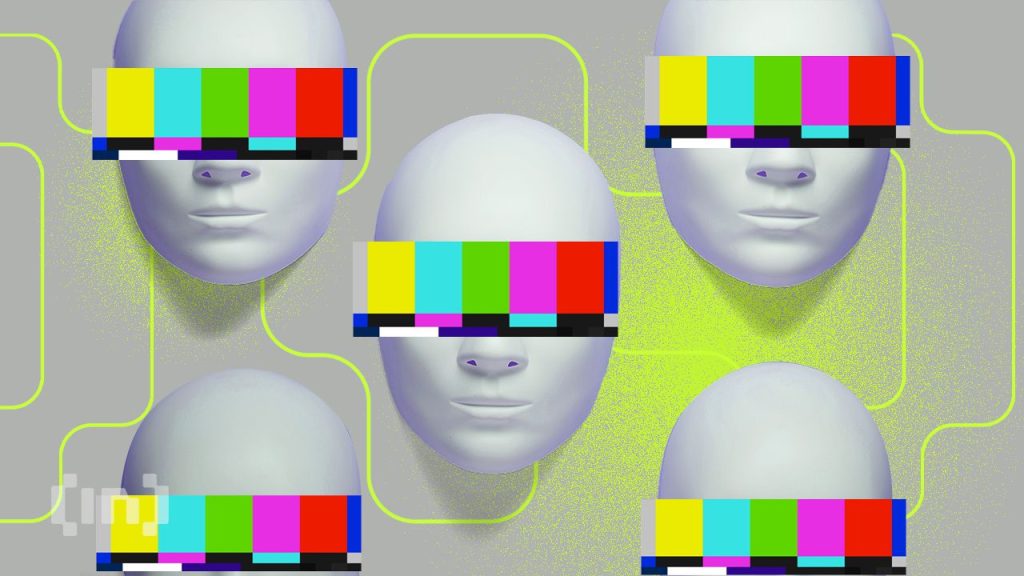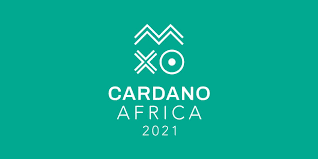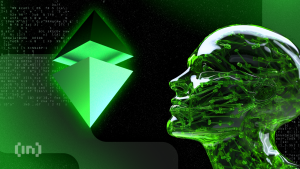Blockchain Beyond Currency: Revolutionizing Digital Identity

[ad_1]
Blockchain technology has changed the way we think about currency and finance. Yet, its potential goes beyond just digital currency. Blockchain could transform a wide range of industries and applications, including digital identity verification.
In this article, we will explore the innovative efforts of two blockchain platforms, Cardano and TRON, in creating identity solutions.
The Significance of Digital Identity in the Blockchain Space
Verifiable identity is a vital component of applications that may benefit from blockchain technology. Blockchain-based identity has the potential to offer increased security, privacy, and efficiency in various industries, including banking, supply chain management, and voting.
By creating a decentralized and tamper-proof identity application, blockchain can reduce the risk of identity theft and fraud while providing users with more control over their personal data.
Cardano’s Approach
Cardano has achieved milestones in a secure, decentralized identity that can be used on various applications and platforms. Their approach involves creating self-sovereign identity verification that is built on top of the blockchain.
Cardano gives users full control over their personal data, allowing them to decide who has access to it and how it is used. The Cardano blockchain uses cryptographic methods to ensure the security and privacy of user data, providing decentralized and tamper-proof verification.
Scantrust and Cardano Africa are among the companies and startups exploring the potential of digital identity solutions using Cardano’s blockchain platform. Scantrust is focused on creating secure supply chain solutions that allow customers to track the authenticity and provenance of products, while Cardano Africa aims to improve the lives of people in Africa by providing them with access to digital identity, finance, and other essential services.
Leveraging Cardano’s secure and decentralized identity verification system provides users greater control over their personal data and privacy while reducing identity theft and fraud.
Cardano’s solution uses Ouroboros’s unique consensus mechanism to secure the network. Ouroboros is a proof-of-stake consensus algorithm that ensures the integrity of the network while allowing for efficient and scalable transaction processing.

TRON’s Solution
TRON is another blockchain that has gained popularity in recent years. TRON’s identity solution aims to create a decentralized identity management system that provides users with control over personal data and privacy.
They recently announced a collaboration with the Commonwealth of Dominica to create the first-ever digital identity initiative in the Caribbean region. The partnership will set up the Dominica Metaverse, the Dominica Digital Identity (DDID), and Dominica Coin (DMC) programs.
As digital identity plays a critical role in the development of Web 3.0, TRON will be responsible for the execution, facilitation, and oversight. This move will create an enhanced digital identity in the Caribbean, which will be more secure, user-centric, and efficient while reducing the risk of fraud and theft.
TRON’s approach is focused on the concept of “user-centric identity.” Users can store personal data in a decentralized system, controlling access and use. The platform also offers anonymity and privacy, allowing users to protect their personal information from unauthorized access.
TRON uses a delegated proof-of-stake consensus algorithm. Delegated proof-of-stake allows for efficient and scalable transaction processing while also ensuring the security and integrity of the network.
Challenges and Opportunities
Despite the significant potential of blockchain-based identity, several hurdles must be overcome. One is the problem of interoperability between different blockchain platforms. Currently, there are no identity standards on the blockchain, making integrating different blockchain-based solutions challenging.
Another challenge is the issue of user adoption. Many folks are unfamiliar with blockchain technology and may hesitate to use digital identity. Building user-friendly applications that are easily adopted by the masses is essential.
Yet, there are also significant opportunities in the space. For example, blockchain can generate new revenue streams through data monetization and identity verification services.
The Future of Digital Identity on the Blockchain
Identity solutions being developed by Cardano and TRON represent a significant step forward in the evolution of blockchain technology. Furthermore, the development of standards for digital verification on the blockchain will enable interoperability between different blockchain platforms. Creating a more seamless and efficient experience for users.
Artificial Intelligence
Another potential development area is integrating artificial intelligence and machine learning in blockchain-based identity solutions. These technologies can help improve identity verification while reducing the risk of fraud and identity theft.
Blockchain solutions can provide secure identification verification to individuals in developing countries. Increasing their access to essential services such as healthcare and education
Blockchain Beyond Currency
Blockchain potential extends far beyond digital currencies. The technology facilitates decentralized applications (dApps) that have real-world applications in a range of sectors, including finance, healthcare, supply chain management, and digital verification.
While there are challenges to overcome, the opportunities for blockchain-based digital identity solutions are profound. Blockchain technology will continue to evolve with more innovative solutions that transform personal and commercial identity.
Disclaimer
All the information contained on our website is published in good faith and for general information purposes only. Any action the reader takes upon the information found on our website is strictly at their own risk.
[ad_2]
Source link










